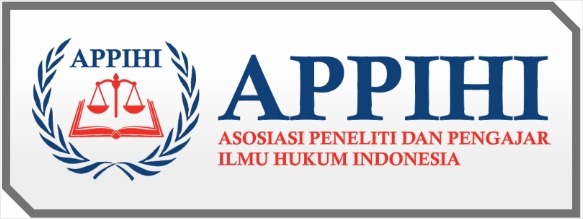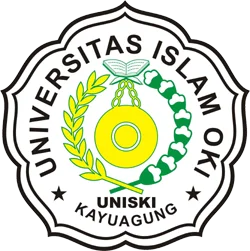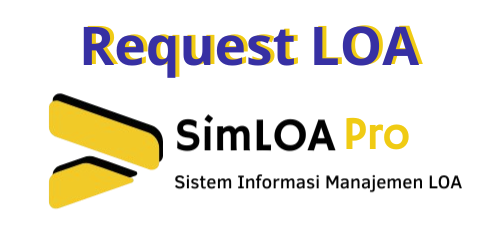Comparison of Criminal Sanctions for Drugs Abusers in Indonesian Positive Law and Islamic Law
DOI:
https://doi.org/10.61994/jsls.v2i2.646Keywords:
Criminal sanctions, Drugs abuse, Indonesia positive law, Islamic lawAbstract
Drug misuse is a crime that has far-reaching ramifications and devastates the generations of any nation. The growing prevalence of drug usage, particularly among young people, presents a serious danger to public health, social cohesiveness, and the economic well-being of Indonesia. This study combines normative legal methodology with a comparative approach to compare the positive legal system in Indonesia with Islamic law about the topic of drug usage. The results of this writing indicate that positive law in Indonesia imposes fixed penalties based on Law Number 35 of 2009 concerning Narcotics, which vary depending on the type and level of narcotics abuse, with the heaviest sanctions being imprisonment and/or life imprisonment or the death penalty, in addition to fines. Meanwhile, Islamic law allows for a flogging punishment of 40 lashes, coupled with the judge's discretion in imposing penalties commensurate to the seriousness of the offender's crimes, reflecting the moral and religious components of drugs addiction. Both legal systems attempt to fight drug use but highlight the necessity for a balanced approach between severe law enforcement and extensive prevention and rehabilitation initiatives. The success of this technique continues to be contested, underlining the necessity for collaboration between law enforcement and social and educational efforts to adequately combat drug addiction.
Downloads
Published
Issue
Section
License
Copyright (c) 2024 Zulfahmi

This work is licensed under a Creative Commons Attribution-NonCommercial 4.0 International License.












